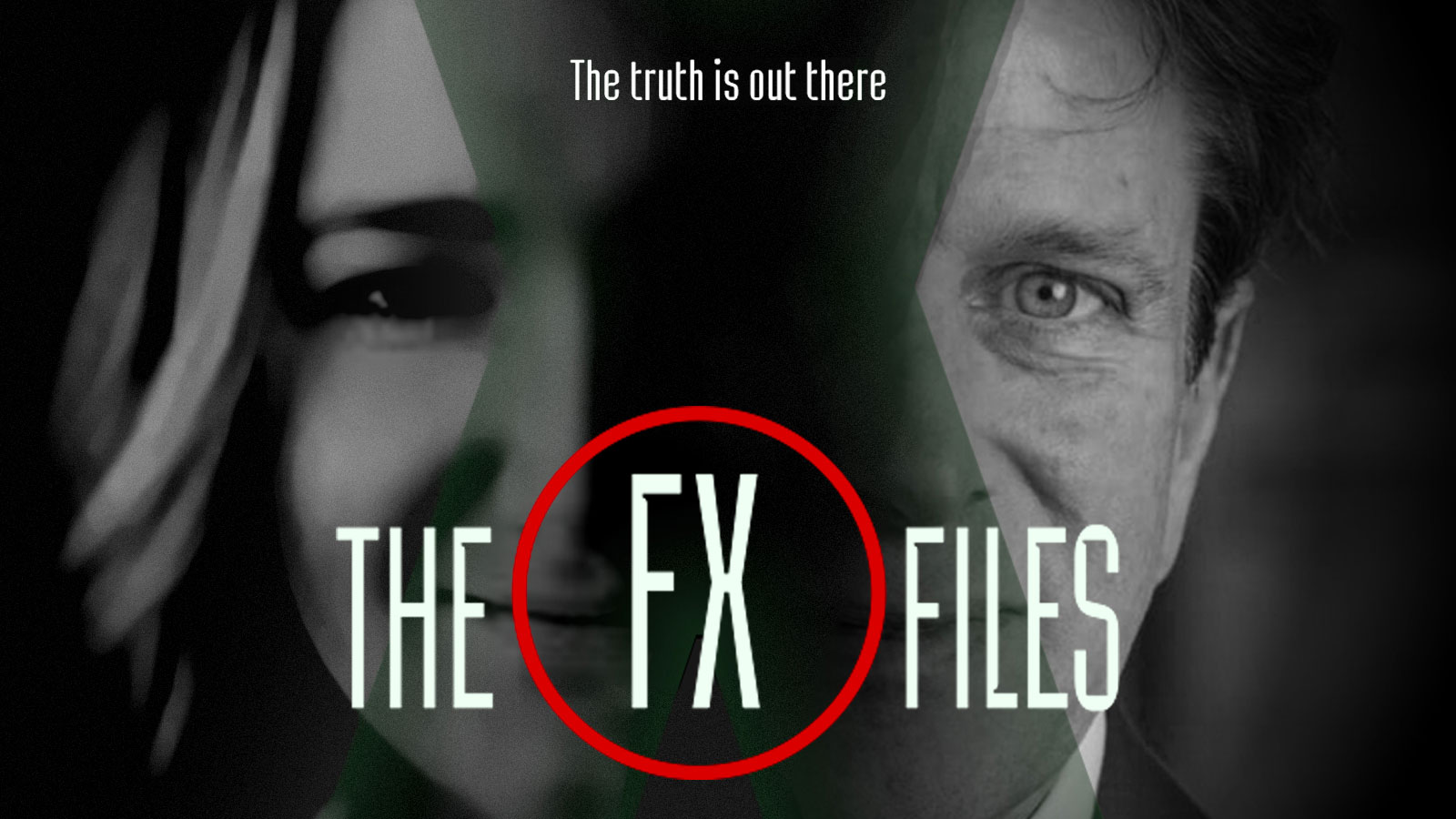|
|
“CUSTODY IS AN industry that everyone wants to work but not have to hear about.” This description by one industry veteran may be based in truth, but has most definitely not been the case over the past few years. The systemic stresses wrought by the credit crisis have ripped open the black box of how the industry operates and not everyone is happy with what has come to light. “If I was a stakeholder in a large pension plan I would be furious,” says one expert.
Thanks for your interest in Euromoney!
To unlock this article:





